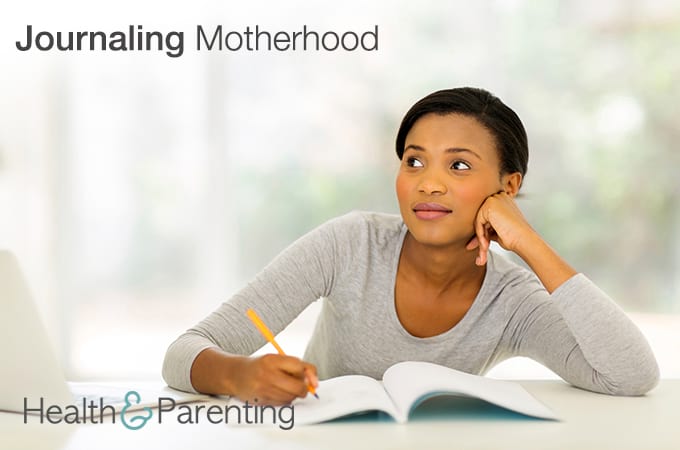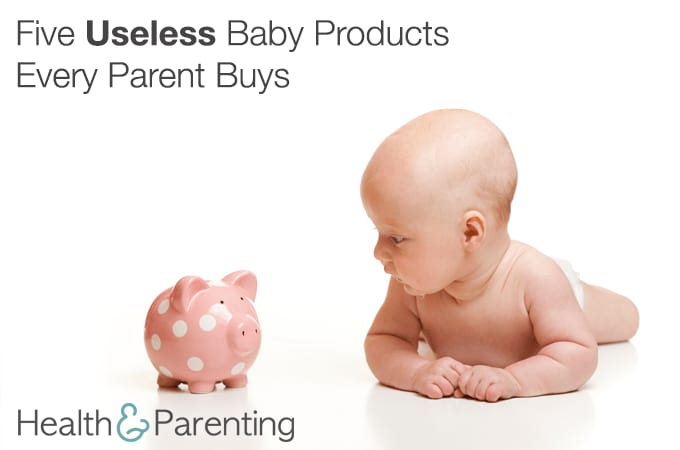Pregnancy is a time to celebrate family. Yet many women today find themselves single and pregnant. Sometimes by choice, and other times by their partners inability to accept responsibility. In fact, according to statistics, being single and pregnant is no longer a ‘condition’ afflicting only teenagers and there are thousands of woman making the empowered decision to go through pregnancy alone. The US Census reports that 1/3rd of the 6 million pregnant women over the age of 22 are single.
See – you ARE NOT alone.
Still, in a world that offers so much information for pregnant woman and ‘their husbands’ it can be hard to feel like your relationship status allows you to have a socially ‘accepted’ pregnancy when you go it alone. However, the good news is that the times are changing. Women today are making empowered and smart choices about whether or not partnering with the father of their child is a good idea, and often realize that going it alone is a better option in the long run. Even better is that women who proceed with their pregnancies solo are able to find wonderful support systems from friends and family. Disappearing are the days of shot gun weddings and scarlet letters.
If you are single and pregnant (whether by choice or otherwise) you owe it to yourself to take the time to enjoy your pregnancy and feel happy about the new little baby that will be entering your life. There may be times when you wish you had the support of loving father figure to help you with your pregnancy, but this is not a time to dwell on what could have been.
You should also take time to look into resources both local and otherwise, that can help you financially and emotionally. There are many support groups for single mothers that can not only connect you with other single pregnant mothers, but can also help you make smart choices when it comes to future planning for you and your baby. The support system of other women who are facing the same challenges of you can be a lifesaver and you may find lifelong friends.
Of course, you will be worried about how you will take care of your baby. Keep in mind that there are millions of single mothers in the world today who support their children just fine. And you might be surprised how supportive friends and family members can be when it comes to planning for childcare. If the father of your baby refuses to be involved, you also have the option of collecting child support after the baby is born.
The most important thing to remember is that you are a powerful and capable person. The judgments and thoughts of other people are none of your business, and you should never feel ashamed nor embarrassed that you are single and pregnant. One of the most important aspects of raising a happy and healthy child is the presence of a happy and emotionally healthy mother. Certainly, it can be hard to forgive someone that you feel abandoned you – but learning to do so will only make your pregnancy, and your life after delivery more enjoyable and fulfilling. Remember the only actions that you can control are your own – and you are NOT responsible for the choices made by other people.
In so many ways, it is empowering that women today have a choice to have babies on their own. Rather than remaining stuck with irresponsible partners, or in abusive relationships or with people that they don’t really love or who would not be a good parent – women today are afforded the resources and RESPECT to do it alone. Hold your head high, and have faith that whatever challenges come your way will not be more than you can handle.
Written By Stef, Mother of 4 @MOM-SPIRATIONAL
This information is not intended to replace the advice of a trained medical doctor. Health & Parenting Ltd disclaims any liability for the decisions you make based on this information, which is provided to you on a general information basis only and not as a substitute for personalized medical advice. All contents copyright © Health & Parenting Ltd 2018. All rights reserved.


















